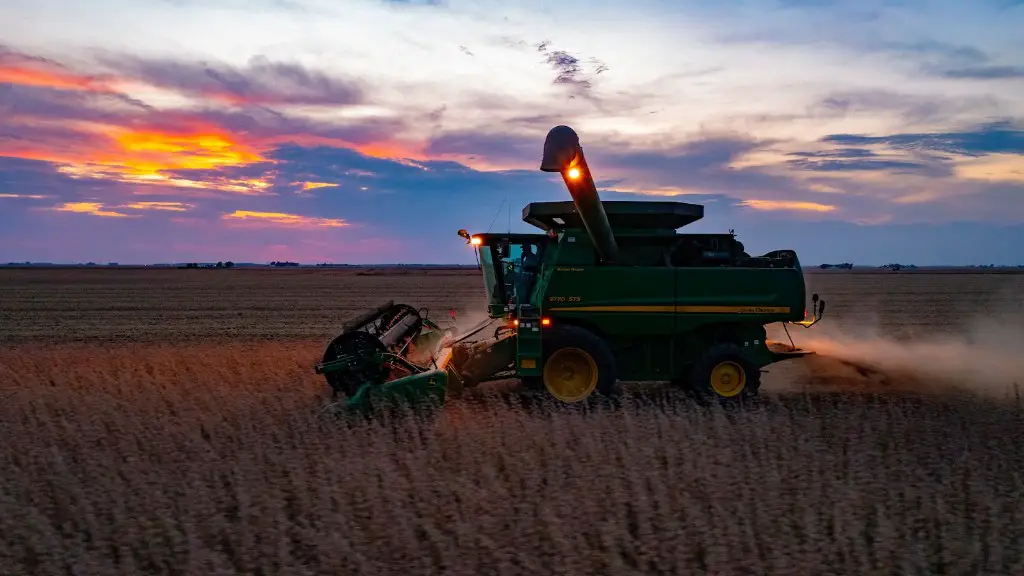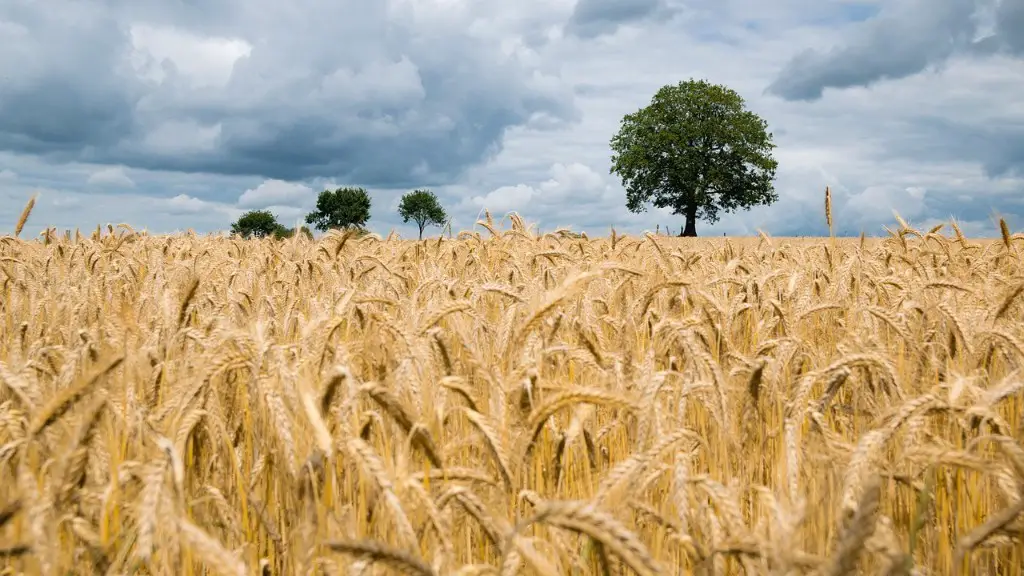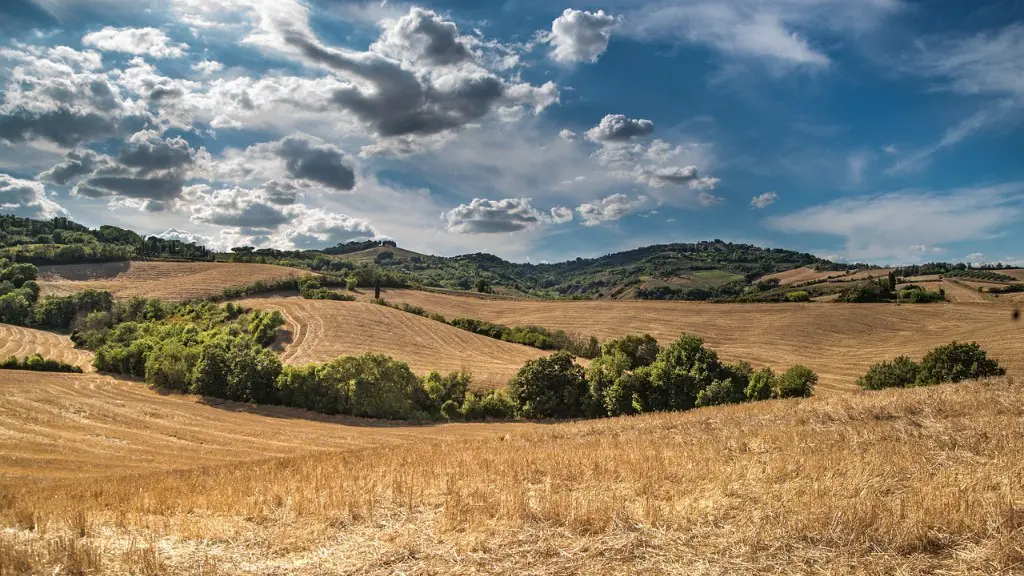Today’s agriculture is sophisticated and complex, relying heavily on the skills of workers and the management of technology to ensure successful harvests. Knowing what skills are necessary for successful agriculture is essential for both workers and managers. To begin with, one of the most important skills is an understanding of the elements of production. This includes knowledge of soil type and characteristics, weather, and crop and livestock requirements. All these elements will vary based on the particular climate and culture in which they are being produced, so an understanding of local conditions is critical.
Good agricultural practices, including understanding of applicable regulations and laws, must also be employed. Farming in an eco-friendly manner will help sustain natural resources and protect the environment, ensuring its viability for future harvests. Good animal husbandry practices must also be used to ensure the safety and welfare of livestock, as well as to maximize their productivity. A comprehensive understanding of food production and associated factors, such as transport networks, storage, and food safety regulations, is also required.
The ability to use and interpret data for benchmarking, planning, and decision making is critical for agricultural success as well. Analyzing soil and weather information can help farmers make informed decisions about crop management and allow them to stay ahead of potential problems. There is also the capacity to interpret animal and soil samples and interpret the results of different plant and grassland treatments. Additionally, knowledge of the farming process from seed to harvest is beneficial.
Agriculture’s reliance on technology means an understanding of the equipment available is key. In some cases, this equipment is automated and complex, so experience in operation and maintenance is critical. Computer skills to manage information is also important, as various software programs are used to aid in crop management, soil analysis, and animal care. Similarly, it is useful to have knowledge of construction and engineering methods, to build, repair, and maintain essential constructions.
An effective agricultural worker will also possess strong communication skills, as they will interact with a wide range of individuals from multiple backgrounds. They should be able to listen to opinions and initiate conversations, with the ability to both negotiate and collaborate well. Lastly, the worker should have research and problem-solving skills. By problem solving, a worker can think of new solutions to more efficiently utilize the resources available. Strong research skills can help expand the base of knowledge applicable to better management of the farm.
Growing Crops
Growing crops requires a deep understanding of the soil conditions, climate, and crop requirements. Crop rotation as well as planting strategies that increase yields and reduce erosion should be taken into account. This will not only help increase yields, but also protect the environment. Knowledge of water management, soil conservation, and pest control techniques are needed to safely and efficiently grow crops on the farm. Moreover, an understanding of the dynamics of the world’s markets for the products harvested is beneficial for identifying potential areas of success.
Harvesting and Processing Crops
Harvesting and processing crops are closely linked and need to be managed together to produce quality produce. Knowing how to select the best crops for harvesting and then determining the most efficient methods for sorting, storing, and distributing the harvested items is key. An understanding of processing techniques is also needed, including the use of cold, dry, or warm storage to preserve items, as well as aerosol or vacuum treatments.
Cattle Ranches
Cattle ranches raise and breed animals to produce dairy, beef, and animal product. Cattle ranching requires an understanding of animal husbandry, nutrition, housing, health, and genetics. An understanding of the various marketing methods used to sell cattle in an efficient, profitable manner is also important. Lastly, animal welfare regulations must be complied with to allow production to be carried out while protecting the animals.
Greenhouses and Nurseries
Greenhouses and nurseries extend the growing season, allowing farmers to produce and sell crops year-round. Understanding the climate control and water management involved in greenhouse and nursery production is essential for growing quality plants and flowers. Knowledge of soil sterilization and pest control methods, as well as the use of fertilizers, is also needed to produce viable product.
Farm Mechanization
Modern agriculture relies heavily on farm mechanization. An understanding of mechanics and engineering is necessary to determine the types of machines needed, how to repair them in case of malfunction, and how they can be used to optimize production. Additionally, computer skills must be acquired, as computers are integral parts of the equipment used. The appropriate use of the equipment can lead to improved production yields.
Irrigation Systems
Irrigation systems are essential for a successful farming operation and require expertise to properly design and properly maintain them. Farmers must understand the various irrigation systems available and their advantages, in order to maximize profits while still protecting the environment. An understanding of the laws and regulations affecting water usage is also essential. Additionally, an understanding of the hydrology of the land to accurately determine the volume, pressure, and timing of water needed is beneficial.


